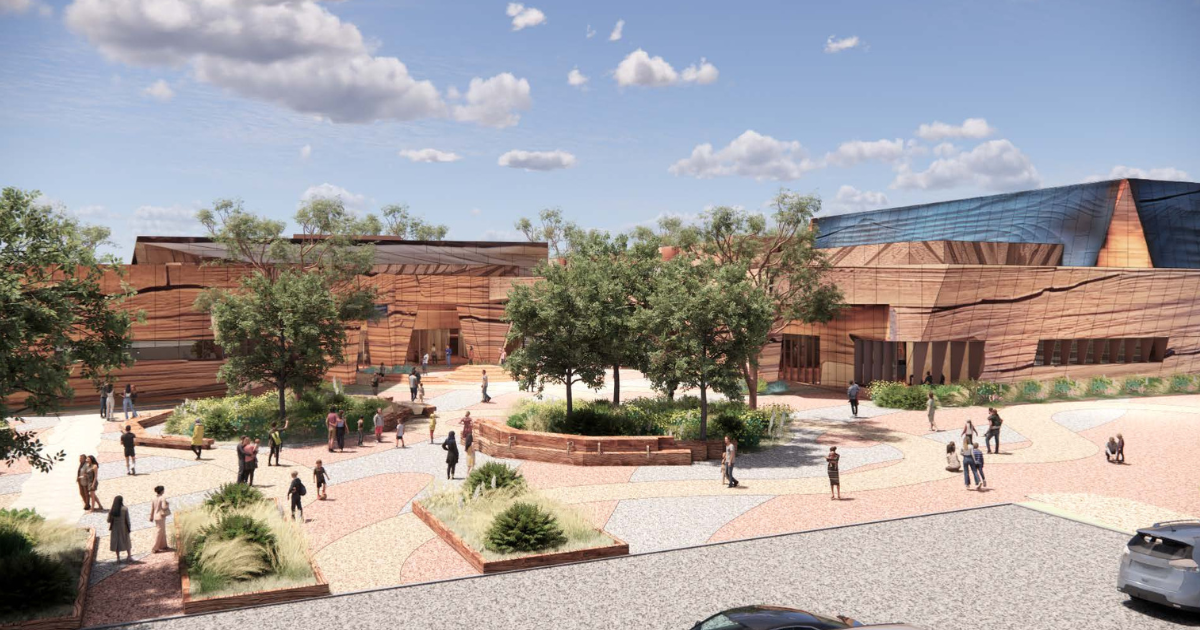Review to address our city’s transport challenges
ANYONE who lives in Geelong won’t have failed to notice worsening congestion on our roads.
In our CBD, urban shopping strips, coastal centres, and on commuter roads, banked up cars are an increasingly familiar sight.
This is not surprising. Geelong has been experiencing extraordinary population growth, both infill and new developments, but our transport system hasn’t evolved to match this.
Approximately 85 per cent of travel is by car, 12 per cent by public transport (e.g. train, bus, taxi), and just three per cent walking or cycling.
These percentages have barely changed over many years, so there are simply more cars using the same amount of road space.
For all the talk of trackless trams and trains as our public transport solutions, buses are, and will continue to be, the main form of public transport around Geelong.
However, they are significantly under utilised. People cite lack of services and poor connectivity and reliability as reasons for not using buses as an option.
Buses and other forms of public transport are not a council responsibility, but we have a key role in advocating to the state government to improve this service – we need more buses, more often, and better routes (and ideally electric ones!).
Numerous studies show that many more people in Geelong would walk or cycle if they felt safer.
Their safety concerns are well-founded: if cyclists and pedestrians are involved in a crash, they are much more likely to be killed or seriously injured than other road users.
Vulnerable road users like cyclists and pedestrians comprise 38 per cent of all fatalities.
The common painted cycle lanes on roads do little to protect cyclists.
We know that there are much safer ways to support cycling, and while we’ve built some protected bike lanes, we are going need a lot more of this sort of infrastructure to really see a substantial uptick in cycling.
There are also many gaps in our footpath and road crossing network, with plenty of renewal of existing infrastructure required as well.
More cars on our roads doesn’t just result in it taking longer to get around. There are serious impacts on our health, environment, economy, social equity, and the overall liveability of our city.
There is strong evidence that cardiovascular illness reduces with improved access to active transport.
It can also reduce obesity, diabetes, cancer risk and mental illness. Children who ride or walk to school have improved fitness and educational outcomes.
Decreased reliance on private vehicles reduces greenhouse gas emissions, reduced air pollution (which also has significant health benefits, particularly respiratory and cardiovascular), and reduced noise pollution.
Greater availability of public transport and active transport improves equity of access to destinations and employment, including for people who can’t drive or don’t own a car.
The City of Greater Geelong is acutely aware of the challenges we are facing, and is working on a 10-20 year region-wide review of transport for the whole municipality.
We’re aspiring to be a 20-minute city, where people can access most of their needs within a 20-minute walk, cycle or public transport trip.
But identifying and implementing strategies to achieve this isn’t easy.
This is partly due to the difficulties associated with retrofitting infrastructure into an existing city.
It can also be hard to build community acceptance of change, whether it be for increased urban density, bike lanes, footpaths, accessible bus stops, or changes in parking accessibility.
A lot comes down to long-standing lack of coordination and underinvestment by the various entities responsible for transport and planning.
If we want to be a sustainable and liveable city, how we move around it has to change.
The city can’t do this alone – addressing Geelong’s transport woes must be a priority for all levels of government, and we need the whole community on board as well.
Keep an eye on our Have Your Say page at yoursay.geelongaustralia.com.au and make your voice heard – we almost always have some sort of engagement relevant to transport (currently we have our Draft Road Safety Strategy out for consultation).
Cr Sarah Mansfield, Brownbill Ward
[email protected]
Chair, Community Health and Aged Care
Deputy Chair, Transport
Deputy Chair, Climate Change Action


















